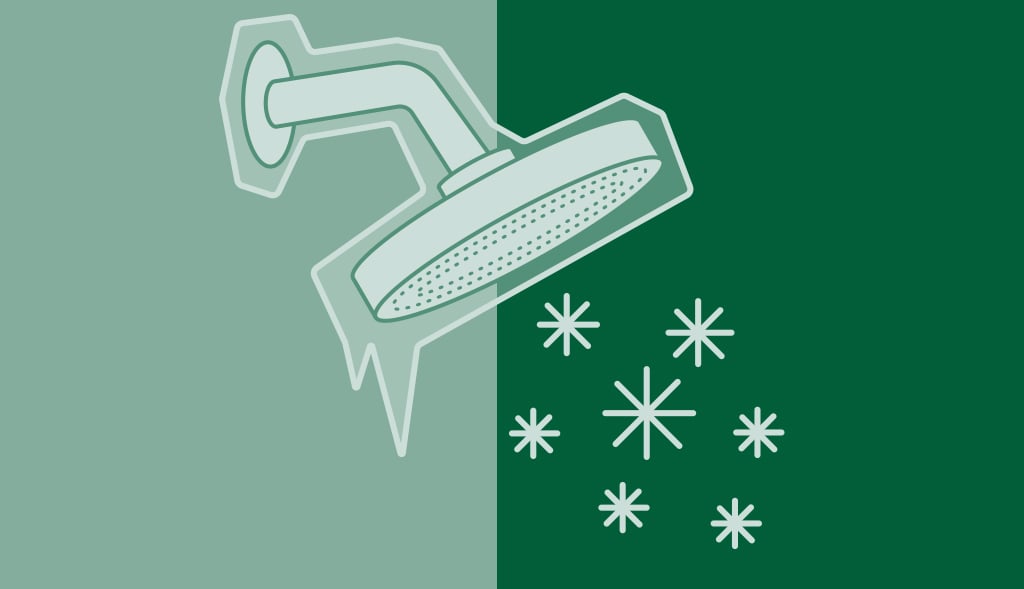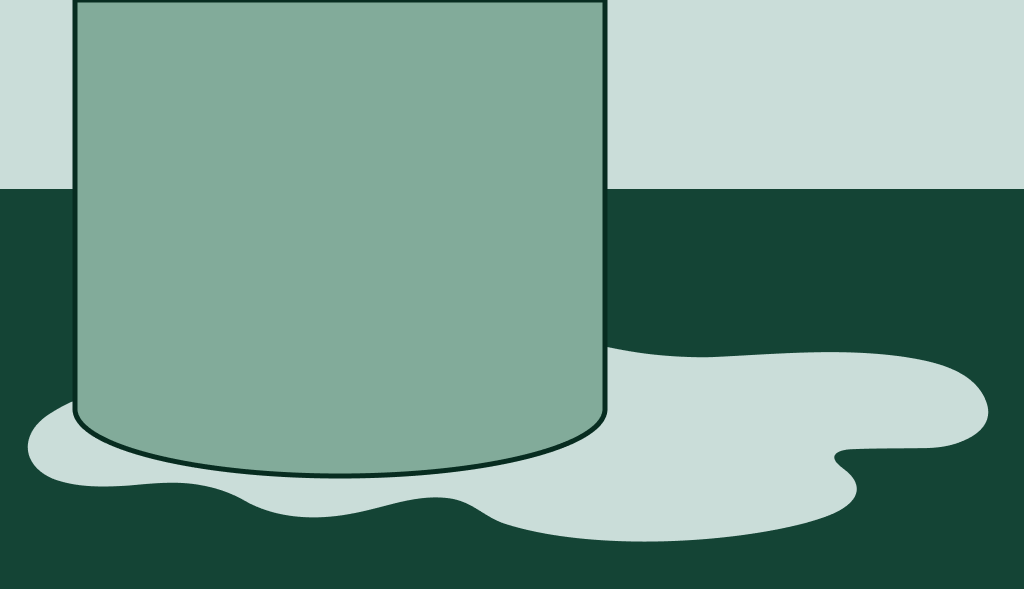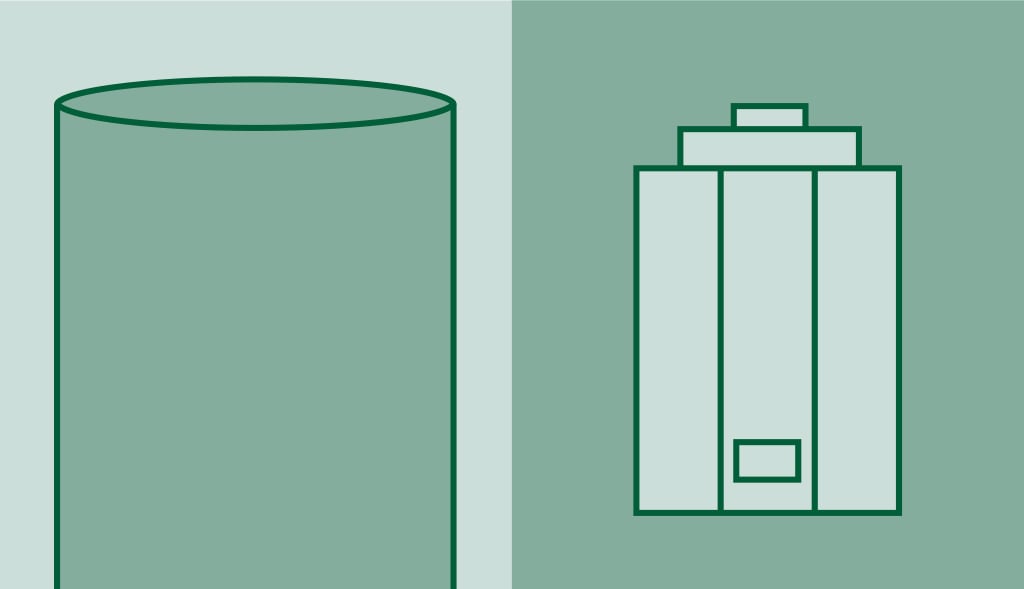No Hot Water in Your House? Here’s What You Need to Know

It’s a scenario no one wants to encounter – you turn on the faucet expecting a comforting flow of hot water, and instead, you’re hit with an icy shock. When you’re dealing with no hot water in your house, it can disrupt everything from your morning routine to your household chores.
To get to the root of the problem, it’s essential to understand how both gas and electric water heaters work, and the common issues they can face. This comprehensive guide will delve into the intricacies of water heater systems, spotlight common problems explaining your hot water heater not working, and provide some handy tips for troubleshooting.
Common problems range from disrupted gas supply, gas leaks, circuit breaker complications, to thermostat troubles, among others. The adoption of modern solutions like tankless heaters and Corro-Protec’s powered anode rod can help enhance efficiency and prevent several problems leading to no hot water.
Understanding Water Heaters: Gas and Electric
At the core of your hot water supply is the water heater. Both gas and electric water heaters serve the same purpose, providing your house with a steady supply of hot water. Yet, they operate differently.
Gas water heaters rely on gas valves and a pilot light to heat the water in the tank, while electric heaters utilize a heating element powered by electricity. These differences are crucial when it comes to identifying and fixing problems, depending on whether you have a gas or electric model.
Had Enough of Cold Showers? Get Your Hot Water Back!
No more shivering in the shower. Rediscover the comfort of hot water with Corro-Protec’s electric anode rod – the game-changer your water heater needs.
Gas Water Heaters: Troubleshooting Common Problems
Disrupted Gas Supply
A consistent gas supply is key to maintaining hot water in a house equipped with a gas water heater. However, problems with the gas valves can disrupt this supply. Faulty gas valves can hinder the flow of gas, effectively preventing the water heater from doing its job.
If your gas water heater pilot light is off, the water heater is not working, explaining the no hot water situation.
Dealing with Gas Leaks
Gas leaks are another potential issue. Not only can they affect the function of your water heater, but they also pose a significant safety risk. If you suspect a gas leak (often noticeable by a distinctive odor), take immediate action. Turn off the gas supply, vacate the premises, and contact a professional right away.
Electric Water Heaters: Common Issues and Solutions
Circuit Breaker Complications
With electric water heaters, power supply issues can often be traced back to the circuit breaker. A tripped circuit breaker can interrupt the power supply, leaving you with cold water. Resetting the circuit breaker can often fix the issue. However, recurrent tripping could indicate a more serious electrical problem that should be evaluated by a professional.
Thermostat Troubles
The thermostat in an electric water heater is a crucial component, tasked with regulating the power to the heating element and maintaining the desired water temperature. A malfunctioning thermostat could disrupt the heating process. Thermostat problems can range from simple calibration issues to complete failure, and in most cases, professional assessment and repair are recommended.
Each heating element have a thermostat. In most hot water heater, you need to verify both the bottom and the upper thermostat to see if they stopped working.
Other Factors Affecting Hot Water Supply
Beyond the specific workings of gas and electric water heaters, other factors can lead to no hot water in the house.
Uncovering Water Leaks
Water leaks from your water heater tank can lead to a reduced hot water supply. These leaks are not just a waste of water; they can also cause the heater to work overtime to compensate for the lost water. Water heater repair is necessary in these instances to fix the leak and restore your heater’s efficiency.
The Cold Water Supply Mix-up
Sometimes, the issue is not with the heating but with the mixing. The cold water supply valve mixes cold water with hot to achieve the desired temperature. If it malfunctions, it can add too much cold water to the mix, resulting in a lower overall water temperature.
Thermostat: The Temperature Regulator
A thermostat that’s not doing its job can result in no hot water or excessively hot water. If you’re experiencing inconsistent water temperatures, the thermostat could be the culprit. In such cases, professional help is usually required for diagnosis and repair.
The Impact of a Bad Heating Element
If you’re not getting hot water from your electric water heater, the heating element could be at fault. When a heating element fails, the water doesn’t heat up sufficiently or at all. It’s advisable to enlist a professional to replace a bad water heater heating element and prevent further damage.
Assessing Your Hot Water Usage
If you’re frequently running out of hot water, high hot water usage could be the problem. Some water heater can take longer to heat. It’s worth evaluating your usage habits and the capacity of your heater. If necessary, consider upgrading your water heater or implementing energy-saving strategies.
Modern Solutions
The Rise of Tankless Water Heaters
Tankless water heaters, which heat water on demand, offer an energy-efficient alternative to traditional water heaters. But they’re not immune to problems. Issues with the heating element, for example, can lead to no hot water. Understanding these potential issues can help ensure you always have a steady supply of hot water, whatever type of water heater you have.
Powered Anode Rod
Corro-Protec powered anode rod will prevent many problems that can lead to no hot water in your house. By preventing water heater leaking (corrosion), hot water smell and sediment buildup, Corro-Protec makes your tank last longer and work better.
A lack of hot water can be a real inconvenience, but understanding the potential issues can help you find a solution more quickly. Whether it’s a faulty gas valve in your gas water heater, a tripped circuit breaker in your electric model, or even excessive hot water usage, being able to identify these problems can save you time and stress.
No one wants to deal with an unexpected cold shower. By understanding your water heater and the common issues it can face, you’re better prepared to deal with any problems that arise. And remember, when in doubt, professional help is just a call away to ensure a steady and efficient supply of hot water in your home.





Not getting hot water when needed?
While there are several reasons, the main one might be sediments.
The lower element could be bad due to sediment buildup that has caused it to overheat, or it could be that the thermostat controlling the element is no longer working. There may also be a short somewhere in the wiring causing it to stop working.
The Corro-Protec powered anode rod works on both electric and gas water heater and can double the life of your tank.
DON’T RUN INTO THIS ISSUE AGAIN!
Blog
Troubleshooting: Why Your Hot Water Heater Is Not Working
When you want a warm bath or shower but only get cold water, it can be really annoying. If your hot water heater isn’t working, […]
How to Change Your Hot Water Heater Temperature In 6 Steps
Changing your hot water heater temperature is easy. However, before adjusting your hot water heater temperature, you should read our article : Hot Water Temperature: […]
Why Your Water Heater is Leaking and How to Fix It
In the US, water leaks in the average home waste 10,000 gallons per year. Worse, 10% of US households have plumbing issues so bad, they waste 32,850 […]
Tank vs Tankless Water Heater: Which Is the Best Water Heater for You?
You need hot water for everything from doing laundry and dishes to enjoying a nice bath or shower at the end of a long day. […]



